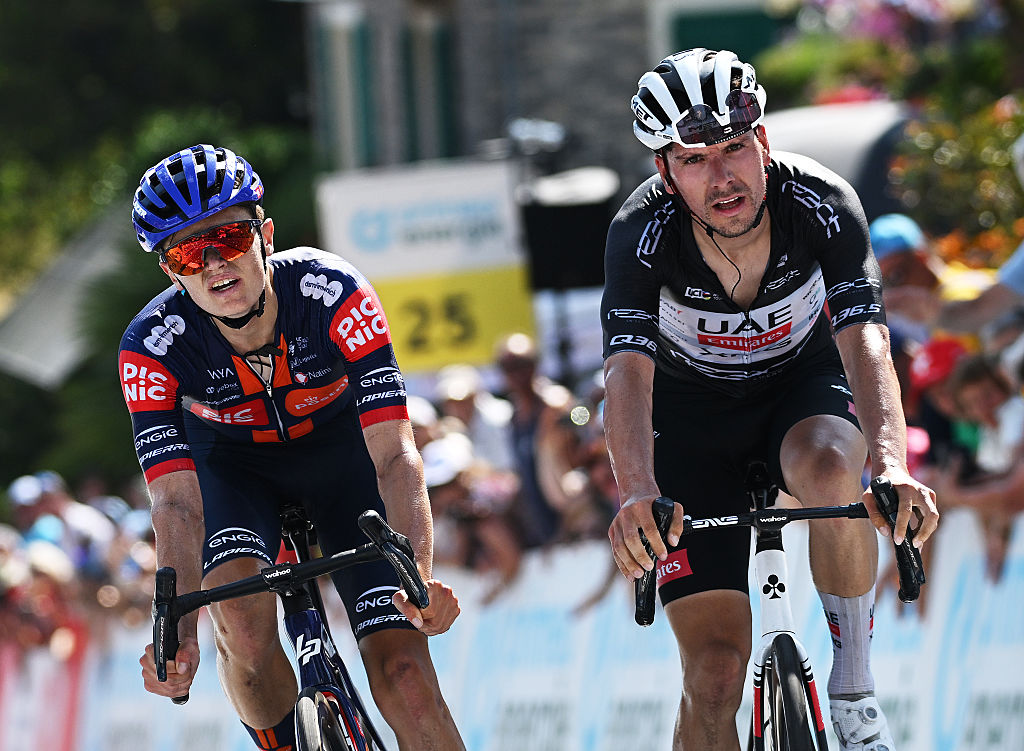CPA aiming for women's minimum wage by 2019
Director of women's section on the development of La Course
The latest race content, interviews, features, reviews and expert buying guides, direct to your inbox!
You are now subscribed
Your newsletter sign-up was successful
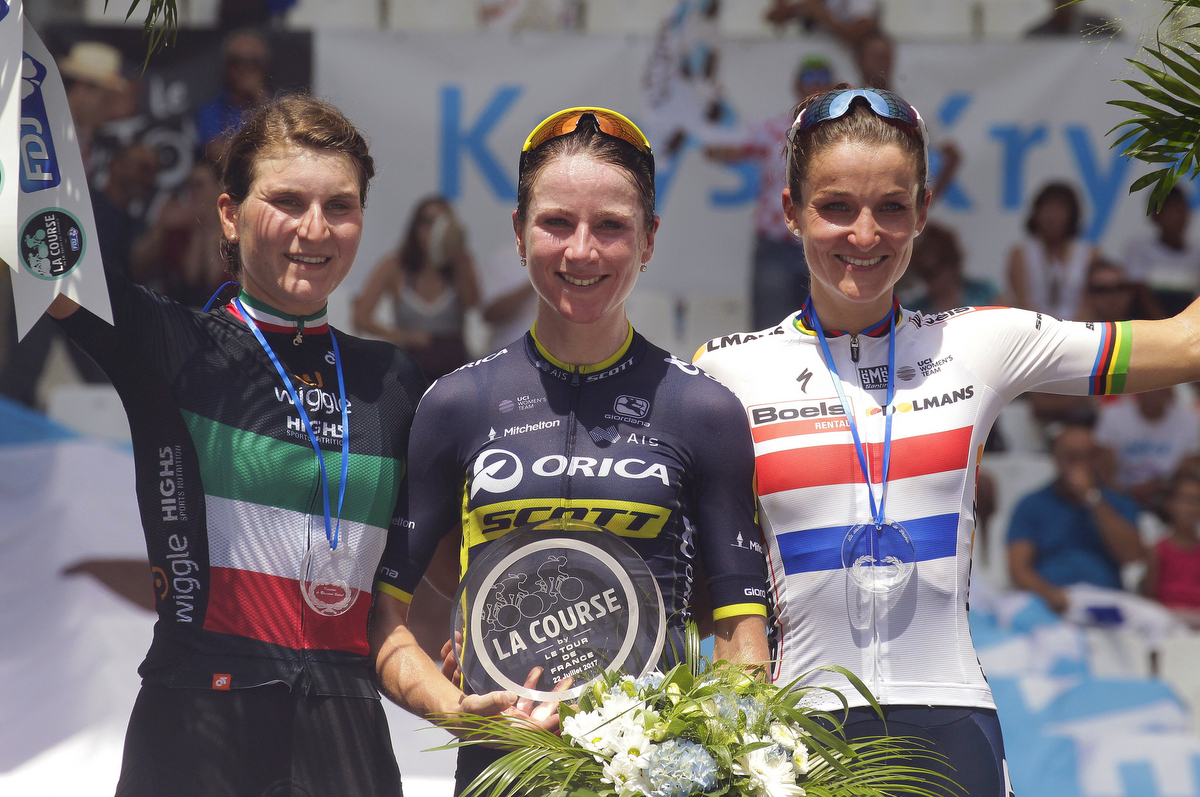
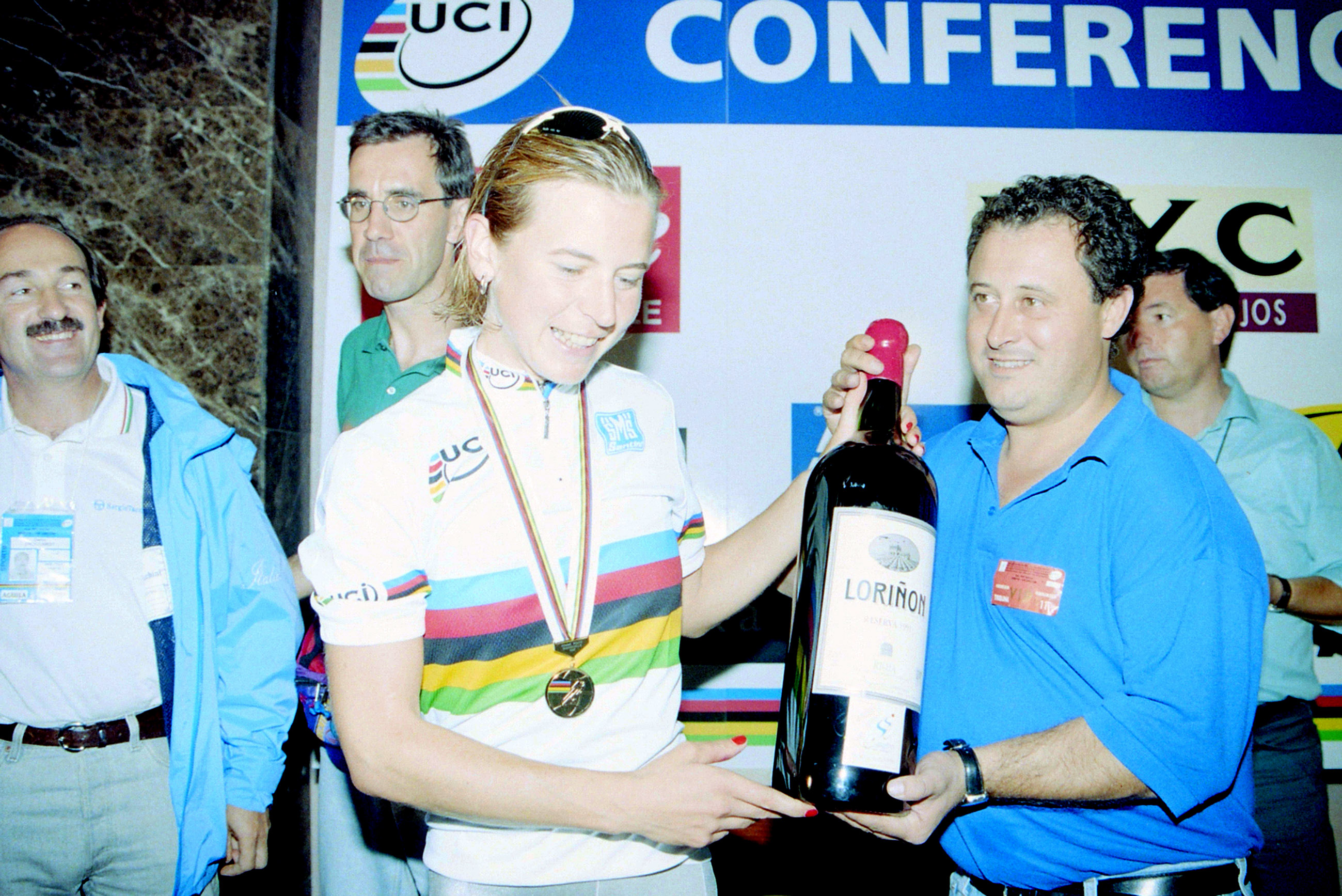
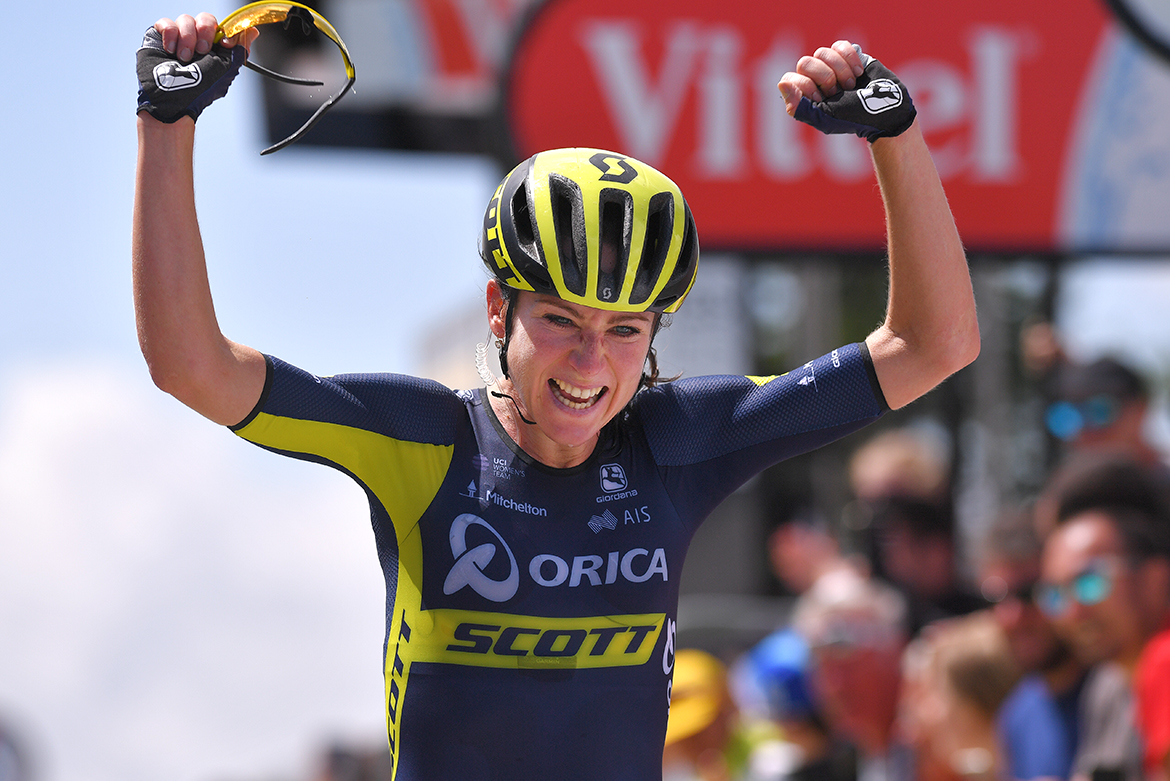
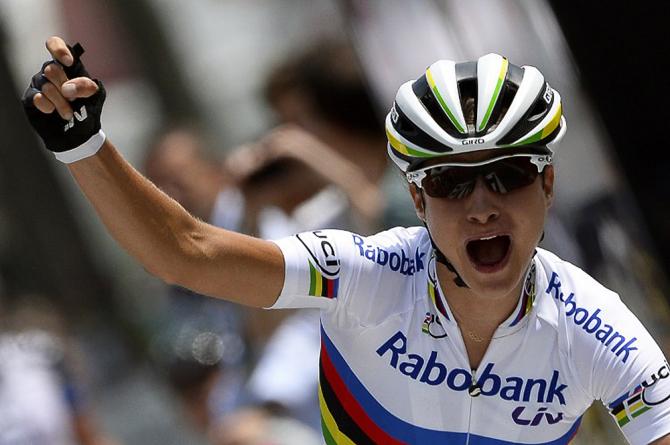
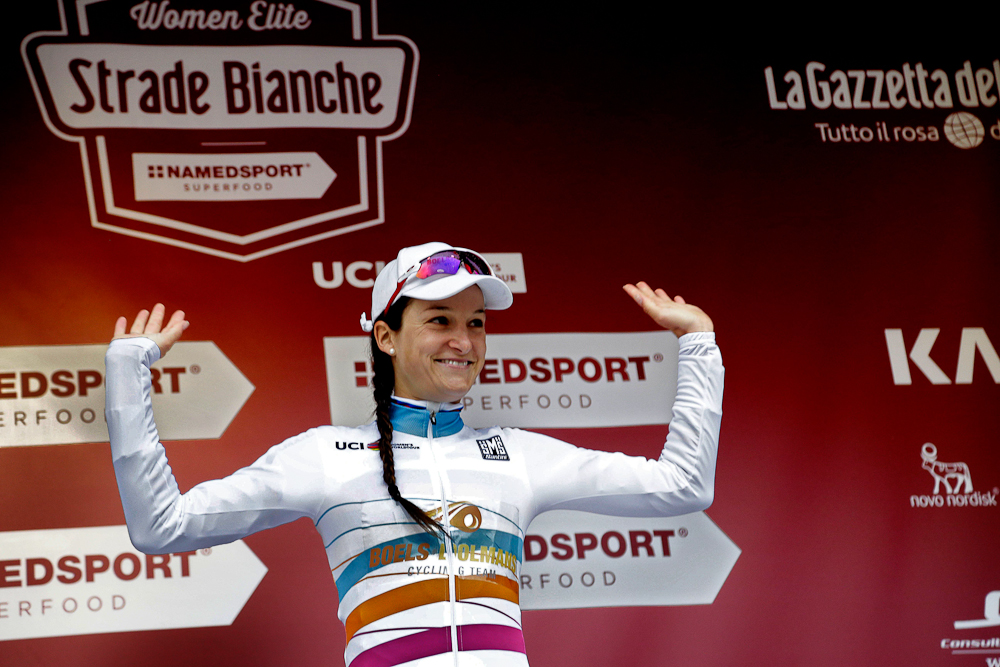
After years of stagnation on the issue, female professional cyclists could have a minimum salary, and a tiered system comparable to the men by 2019. Last month the male riders at WorldTour and Pro Continental levels saw their base salary raised by two per cent by the UCI but the absence of a women's basic wage was a glaring omission.
Alessandra Cappellotto, head of the new women's division of the Professional Cyclists Association (CPA), is working on minimum salary rule and is confident of getting it in place for the 2019 season. With a minimum salary will come a tiered system that will allow the introduction of ethical regulations and other structures to help standardise the top levels of the sport.
"I think that the most important thing, and now that we have a new president we can reach this goal, is a minimum salary for the riders," Cappellotto told Cyclingnews.
"We fought really hard with the teams' organisation to have this two per cent increase for the men. My idea for women's cycling is a bit different for the men, but we will follow a little bit their organisation.
"I think that women's cycling has two different levels in the teams. There are the teams that are in the WorldTour, and they must have a different minimum salary compared to the other teams that don't race the WorldTour. I think it is for us to choose this and to make it clear that there are two different levels and to find out what is the right level for the salary."
While she is keen to get the regulation pushed through, Cappellotto says it wouldn't be fair to bring it in for 2018.
"For the new season it is too late to make demands on the teams but we cannot wait much more on this," she explained. "If we are going to make plans and talk about this over the winter then it will have to become real for the 2019 season. This gives the teams time to talk about the budget and see how many riders that they can have."
The latest race content, interviews, features, reviews and expert buying guides, direct to your inbox!
A minimum wage for women has been a topic of discussion for a long time. It was promised by the recently ousted UCI president Brian Cookson in his manifesto in 2013, but it never came to fruition. Cookson said on several occasions that he had concerns about a minimum wage backfiring on women's cycling. Cappellotto agrees that it will be a challenging process, but says that the sport must go through it if it wants to move forward.
"Another point that I have found during this year is that not everybody can be a rider," said Cappellotto.
"There are many times that girls come to me who say, "I'm not interested in the money, but I want to be a rider and go to the races." But it is not the right way for women's cycling. If a girl really wants to be a rider, but maybe she's not good enough to be a rider at this level, then maybe she can look out for other teams at a lower level."
The perfect La Course
While Cappellotto is working towards the longer-term goal of a minimum salary, she is working with riders, teams, and organisers on some short-term success. This includes better hotels for the riders and television rights, among other things. One organiser that she is due to talk to at the end of November is Tour de France organisers, ASO.
Up for discussion will be the ongoing development of their flagship women's race, La Course. The race began back in 2014 after campaigning by Le Tour Entier, a group founded by Marianne Vos, Emma Pooley, Chrissie Wellington and Kathryn Bertine.
The first three editions took the peloton through Paris with the iconic sprint on the Champs Elysees. This year saw a switch to the mountains as the riders took on the Izoard in a 67.5km stage. A pursuit event was tacked on for the top 20 riders, but that was not recognised by the UCI and has disappeared for next year's edition.
The 2018 race has almost doubled the length of this year's offering, but it remains just one day, much to the frustration of some within the sport who would like to see a real women's Tour de France.
Cappellotto has had discussions with ASO already, which she says were positive, and she says it is a case of trial and error to develop the right race format.
"Everyone has a different point of view. Some people believe that it was better in Paris and others say, 'no this year was perfect and much better in terms of visibility,'" Cappellotto told Cyclingnews. "Some spoke about the difficulty of going to the south of France and maybe staying or not for the time trial. Of course, the small teams felt less comfortable with this in terms of organising. They didn't know if they would be there or not, and if they needed a hotel.
"There is not one single idea that I have about what I'd like it to become. I would like those involved are happy. One of the critiques that the riders had about this year's La Course is that it was too short in terms of the kilometres. It is not that I want the race to be longer, and that is it. I want the organisation and the riders to find a format that is good."
Cappellotto would ultimately like a race that is longer, in terms of days, but says that a women's Tour de France must find its place among the newer WorldTour races on the calendar.
"It would be nice if it was a bit longer than one day. Of course, in the past there was a Tour de France, which I raced many times," she said. "But, in modern cycling there are so many WorldTour races. There is a time and place for a Tour de France, but at the moment it means it is during the Tour de France for men and I think that maybe a few days and not just one will be perfect."
Born in Ireland to a cycling family and later moved to the Isle of Man, so there was no surprise when I got into the sport. Studied sports journalism at university before going on to do a Masters in sports broadcast. After university I spent three months interning at Eurosport, where I covered the Tour de France. In 2012 I started at Procycling Magazine, before becoming the deputy editor of Procycling Week. I then joined Cyclingnews, in December 2013.
